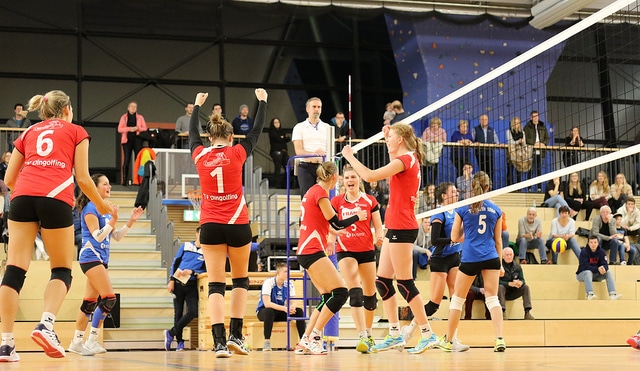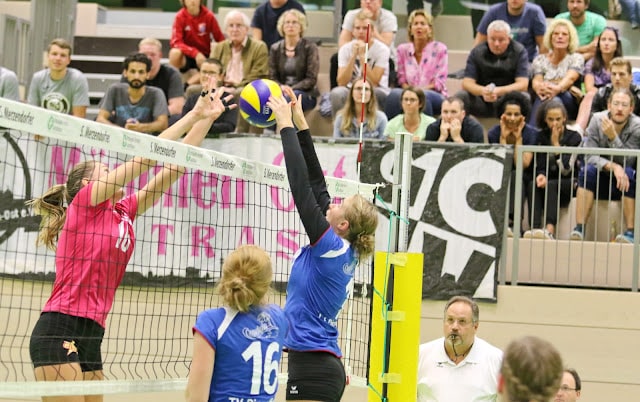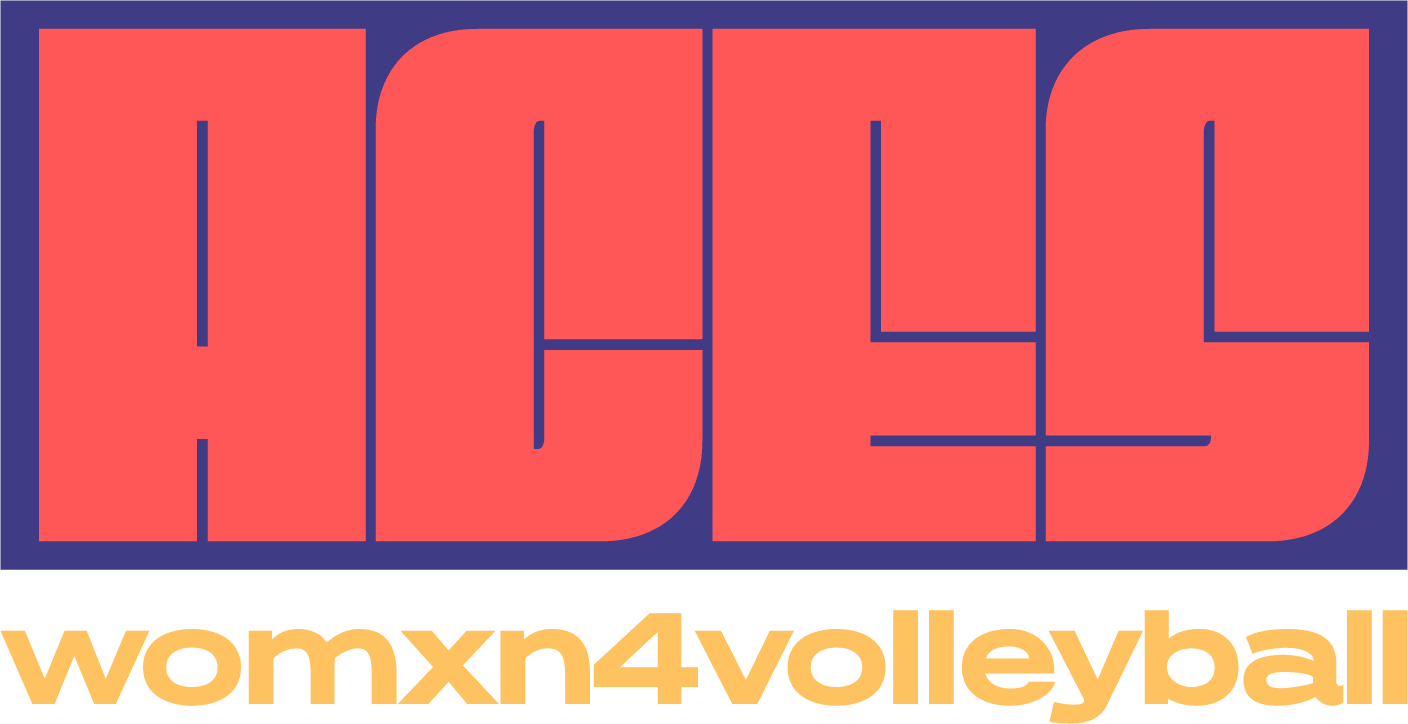The relationship between referees and … EVERYONE in nearly every sport is a disgrace to sports and humanity, in general. The whole concept of creating sports stemmed from having too much leisure time in our mainstreamed society.
Free time is fun! Let’s exercise! Let’s create group games! Let’s keep score!

I don’t know when the idea of needing a game judge to „make it fair“ came into play, but all of us in today’s world only know organized sports exist with referees.
We have also experienced the cringeworthy bad decisions, lack of paying attention, or even actual lack of knowledge that referees can display. Hopefully, we have also had some good experiences with referees, but, unfortunately, nobody really ever highlights a job well done by the officials in amateur or professional sports.
I have been refereeing volleyball „for fun“ since I was fourteen years old. Whether it was club or school tournaments, camps, or intramural sports, I had no problem standing around with a whistle and making sure nobody did anything outlandish. Even when most of my decisions were obviously correct, there would still be someone on the opposing side reacting poorly and trying to make my life harder.
I am by no means a career referee. I realized in the past decade or so I’ll stick to playing, coaching, and agent-ing.
Referees are like the guardians of the game because…
…they are supervising the situation.
…they are there to make sure you follow the rules.
…they call you out when you do something wrong.
…they punish you if you get into a fight.
…they usually try to talk some sense into you about how to do something better.
…they have to be brave enough to do the right thing.
…they have to manage wild emotions and reactions from everyone around them.
…they are doing a thankless job.
…they are not perfect, and everyone is a critic.
If you are a referee, more power to you! I am not personally interested in a job where people only like you if you do what they want, regardless of truth or reality. I know coaching can be tough in its own way, but the amount of time we are able to invest with our team is much different than just showing up in the gym every once in a while with the rule book.
Here’s the thing about referees and sport culture, though: we need to do better. Referees will have their good days and bad days, but we could all be a lot better in making this relationship more positive. People are wrong in real life all the time; it doesn’t make it okay for us to lose our minds and scream at them.

I have always understood that MY reaction to a referee decision was 100% a reflection of MY character. MY reaction–that I should have complete control of–is MY responsibility, and in no way reflects the intelligence of the referee. Whether I am „justified“ in yelling at another person because I am right, or actually lying to use „gamesmanship“ in my team’s favor, these reactions are telling the people around me who I am – NOT who the referee is. And I am only building a bad reputation for myself, my team, and my club.
This is not who I want to be, and all athletes, coaches, and fans should also uphold their personal dignity in order to support the dignity of the referees.
Ultimately, referees are just trying to do their job. I have yet to meet a referee who really wants to do a bad job…and if a referee has an actual personal vendetta, it’s probably because of a previous negative experience with the person (and their likely inappropriate response) involved.
I have been watching sports since literally the week I was born. I can count on one hand how many times I have seen a sports game truly decided by a bad referee call. Most of the time, one team or the other has underperformed. The best thing you can do as a player and team is to play your best, purest match possible, and not leave chance up to the referees. If you play well within the rules of the game, the better team will usually win, and the referees won’t have very much to do with the end result at all.
Here are eight ways we can „call the shots“ with the referees, making the relationship between the referees and everyone else more positive, and actually making a difference in sport culture where the referees don’t have to play the part of the villain.
1. Be friendly: learn the referee’s names.
2. Be respectful: make eye contact and have a conversation.
3. Be honest: don’t complain about calls that you know are right; you’re just making yourself look bad and won’t be believable when you are telling the truth.
4. Give alternative suggestions: if the referee didn’t see what you saw, have ready suggestions about how it may have been the ball, another player, or just miscommunicated.
5. Speak their language: even just key terms can go a long way.
6. Use open body language: approach the referee calmly and naturally, using facial expressions to communicate understanding and posture that signifies a discussion – not an argument.
7. Keep your team cool: maybe your team doesn’t understand how to react properly, so just make sure they know to chill out because you will handle it and they don’t have to worry about it.
8. Understand that it’s a tough job: treat the referee as you would wish to be treated in that exact same scenario.
If you’re still not convinced, put yourself in the shoes of the referee, and ask yourself, „If I make the right call, do I deserve to have people screaming at me?“ And again, „If I make the wrong call, do I want to be screamed at, or given another chance to do better the next time?“
I hope you can do your part to contribute to positivity in sports, both for yourself and the culture as a whole!




